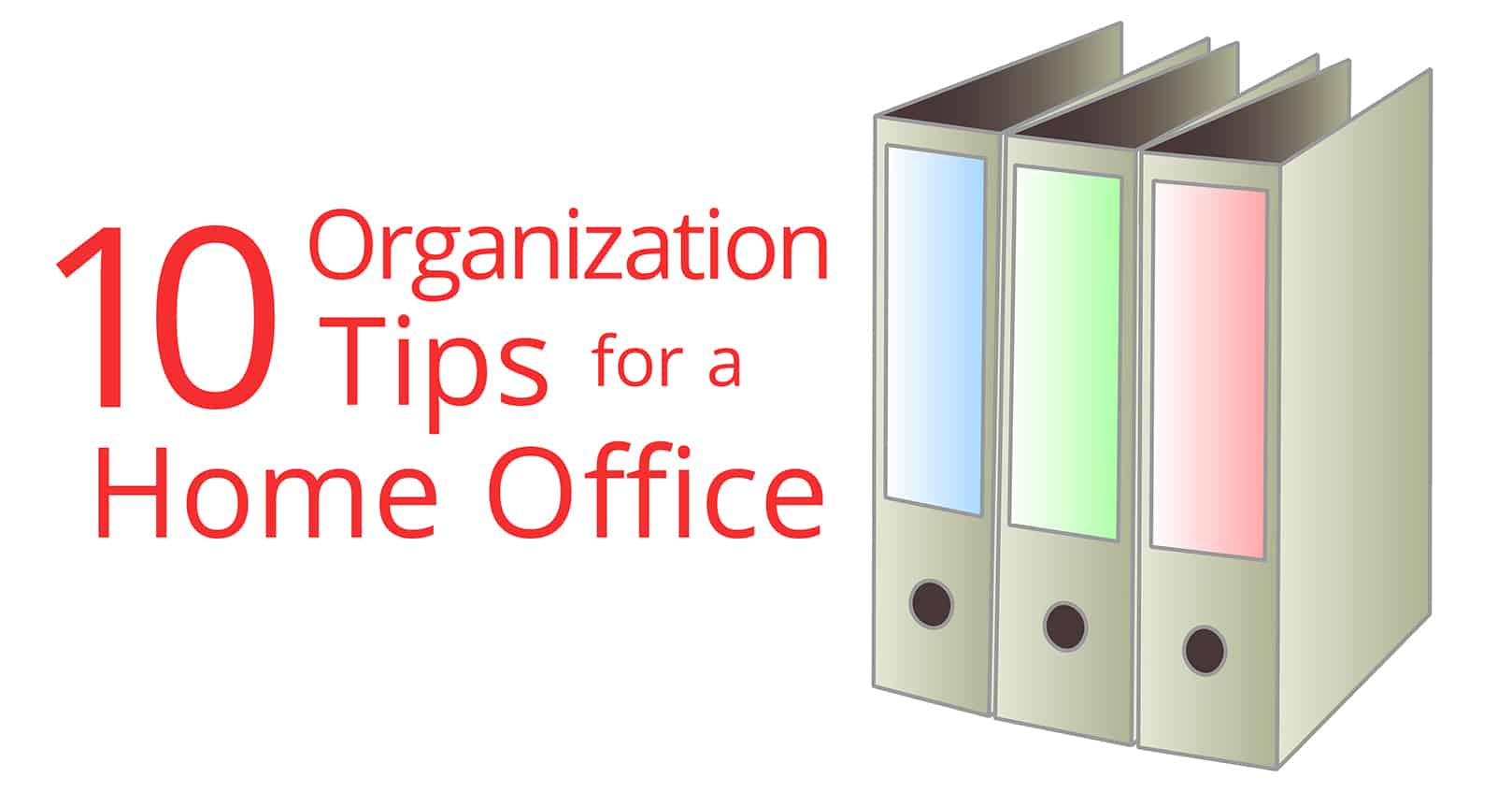
As a writer, I work on writer-related tasks every day. It’s one of the first things I do as part of my morning routine.
I also go on solo retreats where I tick off things from a list I’ve compiled over several weeks or months. Going on retreats allows me to be in a place I enjoy, giving me a space to focus and accomplish my goals.
As I write this, I’m on a solo writer’s retreat, working on a wide assortment of tasks. Among them are setting up free book promotions, adding my audiobooks to my website, writing this blog post, and participating in online activities with the two author coaching groups I’m a member of, BookCamp and Bestseller Secrets Insider.
A writing retreat doesn’t have to include much writing. Mine often don’t. There are plenty of other tasks that pile up over time. A writer’s retreat can be whatever you want it to be.
Here are three tips that can help you plan an unforgettable, productive, writer’s retreat:
#1) Choose a decent place (that’s affordable).
A writer’s retreat doesn’t have to last several days, nor cost much. And you don’t need to go far away. I live overseas and am fortunate to have many places within a few hours of my home that are both affordable and enjoyable to visit.
But you might consider something very different for the location of your own retreat, such as a meeting room at your local library or a house of worship. If the weather’s nice, a picnic table under a pavilion at a local park would be nice. (Bonus tip: if you’re going to book a hotel room, you’ll want to carefully look at the photos to ensure the room has a desk and chair.) More important than where your retreat will be (though it’s important to be content with your location) is that you have a schedule—what you will do and for how long. Which leads us to tip #2.
#2) Schedule your retreat in detail.
One benefit of being on a solo writer’s retreat is that you’re in charge of what you do and when you do it. Have a list of things you plan to do so you can get right to work. You’ll probably even want to schedule what you’ll plan to do each day, and when, which can help you stay focused. If your retreat will be one weekend (or just one day), that’s ok. Just ensure your list isn’t overwhelming for the amount of time you’ll have available. Depending on your other responsibilities in life, you may choose to have a retreat only in the mornings, for example, for a certain number of days.
It’s normal to also need to do non-writing-related tasks on your retreat, as well, since you probably have other things going on in your life. You’ll just need to plan for them, including time for these tasks in your daily schedule. That way, you’ll know what you’ll need to do and you won’t see them as an interruption.
#3) Keep yourself in a good state of mind.
Ensure your retreat includes activities that help you physically, emotionally, and spiritually. For you, that may mean integrating regular exercise. For someone else, it may mean painting, praying, reading scripture or something inspirational, or practicing deep breathing. Takeaway: don’t forget yourself when working on your writing.
I hope these three tips can help you think about planning a retreat that is both productive and enjoyable.
Have you been on a writer’s retreat? What did you do for your most recent one? Let me know in the comments!
















Comments